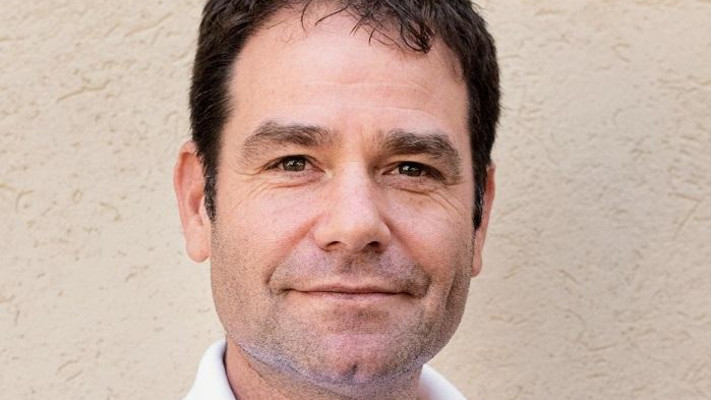Passover reminds us how essential the value of freedom is to our lives. In the face of the times, after the 7/10 disaster, the value of freedom takes on a much deeper and tangible meaning in life for us. There is no doubt that the day after a difficult public process of learning lessons will be required and the omissions will become clear, but already now it can be stated: the State of Israel needs food security and agricultural settlement like air to breathe.
See for example the dairy industry. Israeli governments have been captive for years to the concept of imports at the expense of encouraging local production. As a result, a consistent process of exempting a variety of dairy products, including a basic product such as butter, began. This process reached its peak in July of last year, after the Minister of Finance issued a precedent-setting emergency order on the cancellation of the customs duty on the import of Niger milk, for a period of about three months, until October 7, 2023. How ironic it is that the expiration date of this emergency order became a national emergency order following the terrible massacre. On that cursed Shabbat, barn activity was affected in dozens of kibbutzim and moshavim in the Western Negev region. As much as the harm to them was severe and included the murder and kidnapping of workers, destruction and devastation, the national commitment led the Otaf dairy farmers to return to milking work within a few days. Even Kibbutz Kissuf's dairy farm, which suffered the worst damage, has almost completely recovered. Therefore, those who tour Otef today and the settlements of the north draw encouragement from the simple truth: where there is a dairy, there is agriculture, there is a settlement – and there will be a revival!
In the process of drawing lessons, the state must once and for all base the consumption of agricultural food in Israel on local production. If the country has not learned a lesson from the warning signs in recent years, such as the Corona epidemic and its consequences, including the closing of borders and chaos in daily imports, or global economic changes, trade struggles and the Ukraine-Russia war, then this is now a clear exclamation mark: a real need to maintain food security in Israel. Here, another example just from these days, following Turkey's boycott of exporting products to Israel against the background of the Iron Swords War. The same Turkey of Erdoğan, who is known not to be a fan of Zion, but still the State of Israel allowed the import of the most essential product in every household until October 7th – milk. And who paid the price? Not only did the public pay more for most of the imported dairy products, they saw the rise in the price of butter in supermarkets, the imports also came at the expense of the milk producers in the south, the north and everywhere in Israel – and threatened their ability to exist.
The last period teaches us that it is no longer possible to give up on Israeli farmers also due to the intensity of the need to strengthen national security at the borders and along the lines of conflict. Humble and valuable people, who chose to work the land as a way of life, despite the security risks and with many personal concessions. What guided their path was the same pioneering spirit, thanks to which Kfar Aza, Nir Oz, Bari, Nir Yitzhak, Netiv Hatara, Yachini, Menara, Kfar Giladi, Margaliot, Zer'it and other settlements were established. And indeed, until October 7, they suffered many injustices, claims of privileges – and worst of all, they were abandoned to their fate. But not anymore!
From the complex reality that the State of Israel faces, the road to restoration and hope goes through where Zionism grew: settlement and agriculture. Generations of communities and families in the countryside, who took care of processing and producing agricultural produce of the highest quality in the world, as well as a source of inspiration for Zionist action. And from generation to generation, it is the state's duty to ensure today, more than ever, the development and empowerment of local agriculture, for the sake of food freedom in Israel, for the future of Israel.
The writer is the CEO of Milk Producers in Israel







